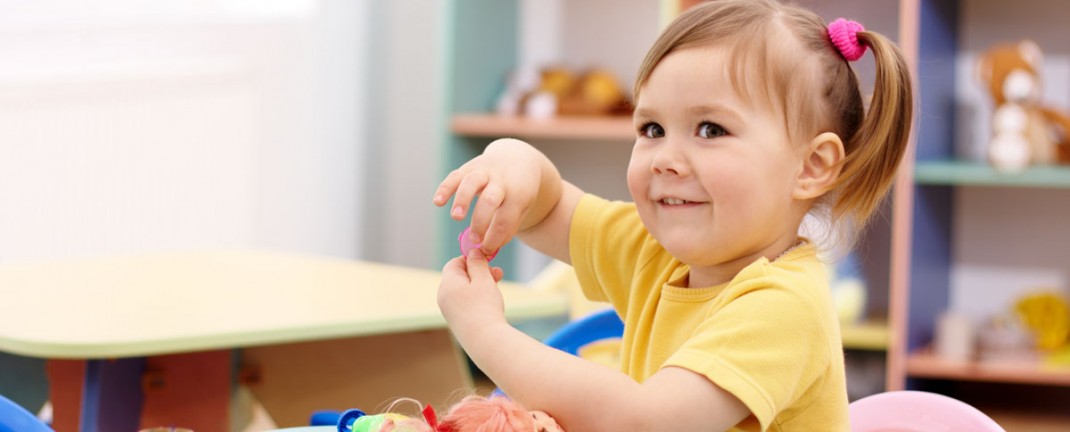Should Your Preschooler Be Ready for College?
Two young mothers were visiting over coffee in the booth next to me. I could hear them discussing their preschoolers’s college funds when one mother stated, “I guess that’s about all you can do at this stage – that and hope they will want to go.”
As parents, we want to do as much as we can for our child’s success and establishing a college fund is certainly one way. But as you ponder your child’s college possibilities, don’t overlook the importance of creating a foundation of curiosity, exploration, and discovery that will carry them through school and beyond. The way your child learns about learning sets their entire life trajectory.
While the Reggio Emilia approach is somewhat new to our area, it has been going strong in other parts of the world. It originated in the town of Reggio Emilia in Italy out of a movement towards progressive and cooperative early childhood education.
There is no certification necessary or specific curriculum of the Reggio approach. In fact, the most important part of the approach is being flexible regarding the child’s interests. Reggio inspired techniques means working with the child’s curiosity and helping them explore further rather than trying to guide the child back onto a specific curriculum that may not interest them at the time.
You may have even witnessed this approach without realizing, for instance, your child unwraps a present and suddenly becomes more fascinated by the box than the actual toy. They may try to sit in the box, push it around the house, use it as a house for a stuffed animal, or tear it apart, all these are aspects of curiosity and discovery. The child was not merely “playing” with a box, they were learning about size and imagining new ways to use it. If you encouraged them to play with the box, rather than push the new toy on them, you were encouraging their curiosity and imagination.
It’s important to keep this in mind when selecting educational opportunities for your children. With so many options to choose from, remember the foundational importance of stimulating your child’s curiosity, imagination, and motivation to explore.
Imagine your child’s day filled with opportunities to learn about learning. Whether it is drawing, singing a new song or planting seeds in a windowsill garden, these activities encourage your child to touch, see, hear, think of what if, and engage in questions with a supportive adult who guides them into learning more rather than steer them in a specific direction.

